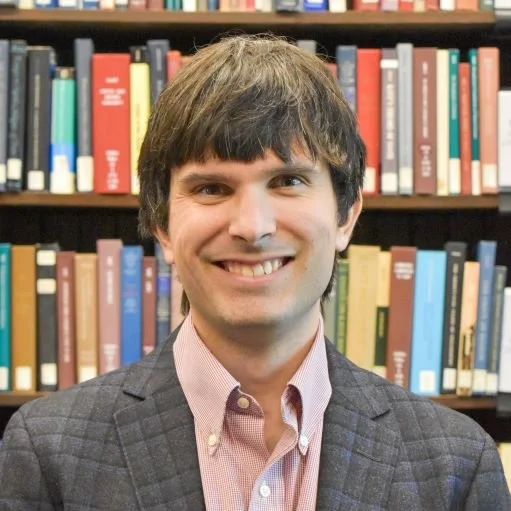“Forgiveness: Personal and Political”
P. Quinn White
“Forgiveness is essential. Though not always, or even often, the correct response to wrongdoing, the power to forgive is one we cannot do without. Imagine a relationship between friends, family, business partners, or co-authors in which forgiveness could not be exercised—it would be a toxic one, or at best a fragile one. Most of us get things wrong, we hurt others, we wrong and are wronged. And this wrongdoing has an enormous impact on our relationships. A world, or a particular relationship, deprived of the power of forgiveness would be one in which such wrongdoing held greater sway over our lives. Forgiveness, after all, offers a way past wrongdoing. It is not the only way to respond to wrongdoing; we might ignore, forget, condone, resent, or hold others to account. But it is a distinctive way of somehow putting a past wrong behind us without forgetting or condoning it. It is a way of confronting a past wrong head on as wrong while at the same time preventing that past wrong from defining the terms of one’s relationship with the wrongdoer, or at least of limiting its effect. It is a way of redefining a relationship in the wake of wrongdoing, from one of wronged to wrongdoer to something else—friend to friend, daughter to mother, colleague to colleague, and even ex-(friend, lover, colleague) to ex. It is that power—to cordon off the normative effect of a past wrong, to limit (fully or partially) its ability to define the terms of a relationship—that makes it so essential to our interpersonal lives. At least so I’ll argue.”
Excerpt from the paper’s introduction.



